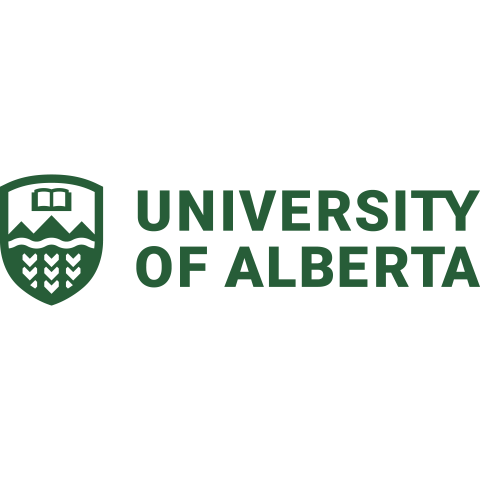
Keeping dead names out of convocation
Trans students shouldn’t have to worry about being dead-named as they accept their parchment. Norma Rodenburg and Carrie Smith share four things to consider when making the switch from legal to affirmed names for graduation ceremonies
You may also like
Popular resources
Convocation is meant to be a time for students to celebrate their accomplishments and look forward to the opportunities before them. This ceremony should be ecstatic, happy, exhilarating and rewarding, as Calliope Draper, a non-binary political science student graduating this spring, told us.
However, for trans students, walking across the stage to accept their parchment at graduation can be traumatic, or even dangerous. Calling out students’ legal names and listing those names in the programme risks outing trans students who have not legally changed their names. It turns what should be a celebratory moment into one of trauma and risk as the students are dead-named in front of faculty, staff and their peers.
- Spotlight: advice for helping LGBTQ+ staff and students thrive
- Creating an environment where staff and students feel comfortable sharing their pronouns
- Say my name: the importance of correct terms, titles and pronunciation
Calliope explained to us that it’s the same as having someone else’s name called out as you walk across the stage, with your accomplishments attributed to someone else. And, of course, with the system-wide primacy of legal names, dead-naming doesn’t only happen at convocation.
The good news is the solution is straightforward: universities can let all students, including trans students, use their primary (often referred to as affirmed) names where possible, and especially in public settings such as during a graduation ceremony.
The bad news is that the solution is by no means simple, because it means reprogramming systems so they pull students’ affirmed names instead of their legal names. However, it’s worth the effort because implementing this change across all the university’s systems means that students, faculty and staff won’t need to worry about dead-naming, no matter how they’re interacting with the university.
Here are four things to consider to make it easier and safer for trans students to use their affirmed names during convocation.
1. Use legal names only where legally necessary
The legal parchment that a student receives at convocation must bear their legal name, but that’s the only place at convocation where it is legally necessary in Canada. Automatically pulling students’ affirmed names for the reader card and programme will make the graduation ceremony more welcoming for trans students and puts the onus on the university, not the student, to get it right.
2. Have checks in place
An important consideration is matching the parchments, which bear the legal names, to the reader cards, which bear the affirmed names. Having a system in place to match these two items without exposing students’ deadnames is key to success.
3. You don’t need a lot of time, just a lot of commitment
We started the switch to using affirmed names for convocation in mid-February to be ready for spring convocation in early June. Although the timeline was tight, ultimately the key to making it happen was making the decision that it would happen. Make the commitment and get others on board to make it happen.
4. Make it easy to update parchments
Trans students who haven’t legally changed their names at the time of graduation might do so later, which means they’ll need an updated parchment. Make it a point to waive the parchment-replacement fees for these students in the spirit of equity.
A student might also be amid a legal name change come convocation. Give them the option to postpone printing the parchment until the change is finalised, saving them the hassle of changing it later.
Convocation is not the only time when trans students are at risk of being deadnamed, and students are not the only members of the university community to be affected.
Whether someone is a student, faculty member or staff member, they shouldn’t need to input their affirmed name into multiple systems. There should be one easily accessible web portal where everyone at the university can log on and enter their affirmed names with the expectation that the names will be used wherever possible in the university’s systems.
Addressing dead-naming is just one part of the commitment to a safer, more inclusive campus. While the issue of dead-naming at convocation was ultimately brought forward by Calliope – who had served on the student union executive and therefore knew who to speak with to address the issue – prioritising the hiring of queer and trans people for administration or governance positions ensures that institutional leadership holds the knowledge to act on these issues and the accountability to implement change.
Norma Rodenburg is vice-provost and university registrar and Carrie Smith is vice-provost (equity, diversity and inclusion), both at the University of Alberta, Canada.
If you would like advice and insight from academics and university staff delivered direct to your inbox each week, sign up for the Campus newsletter.




